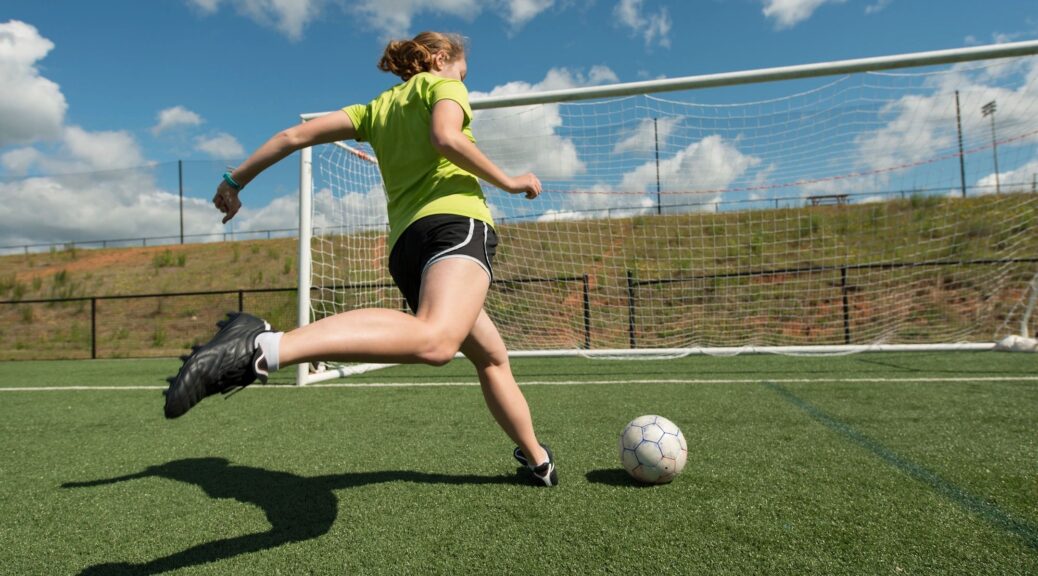Physical Activity During the Early Days of the COVID-19 Pandemic
Dr. Kayla Nuss, KB Scientist, was part of a multi-institutional research team that published the results of a daily diary physical activity study in the Journal of Physical Activity and Health in July. The study, led by Ms. Kristen Moore from Colorado State University, reported on motivational profile as a predictor of physical activity among U.S. adults during the early months of the COVID-19 pandemic.
A total of 468 adults participated in a 28-day smartphone-based daily diary study assessing physical activity. Nearly 80% of the participants were female and the average age of participants was 34.8 years. Daily diaries were used to examine associations between day-level physical activity behavior, physical activity-specific motivational profile, and days since the COVID-19 national emergency declaration during the early months of the pandemic, specifically April-June 2020.
According to the publication in the Journal of Physical Activity and Health, a baseline survey assessed physical activity and motivation for physical activity using the Behavioral Regulation in Exercise Questionnaire. Multilevel linear regression models examined the main effects and interactions of motivational profile and time on daily physical activity minutes. Latent profile analysis identified four distinct motivational profiles for physical activity among this sample:
Profiles
- High amotivation (21% of participants)
- Low controlled motivation (12% of participants)
- High external regulation (10% of participants)
- Moderate autonomous motivation (57% of participants)
After controlling for baseline physical activity, there were significant interactions between profile and time on daily physical activity. Profile 2 showed greater decreases in daily physical activity minutes over time than profile 1. Profiles 3 and 4 did not indicate significant decreases in physical activity compared with profile 1. Details on the methods and results of this research can be found in the publication.
The authors summarize that Individuals with lower controlled or moderate autonomous motivation demonstrated the largest decreases in physical activity over time, whereas individuals with higher amotivation or external regulation demonstrated smaller decreases over time. In conclusion, the authors suggest that external motivation may have provided short-term protection against declines in physical activity observed during early months of the COVID-19 pandemic.
This research was supported by the Assessment and Promotion of Physical Activity and Health Lab at Colorado State University and the Real-Time Eating Activity and Children’s Health Lab at University of Southern California. Authors in addition to Ms. Moore and Dr. Nuss include Dr. Shirlene Wang and Dr. Genevieve Dunton from the University of Southern California; Dr. Kaigang Li and Dr. Dan Graham from Colorado State University; Dr. Jimikaye Courtney from the University of North Carolina, and Dr. Bridgette Do from FitMinded, Inc.




